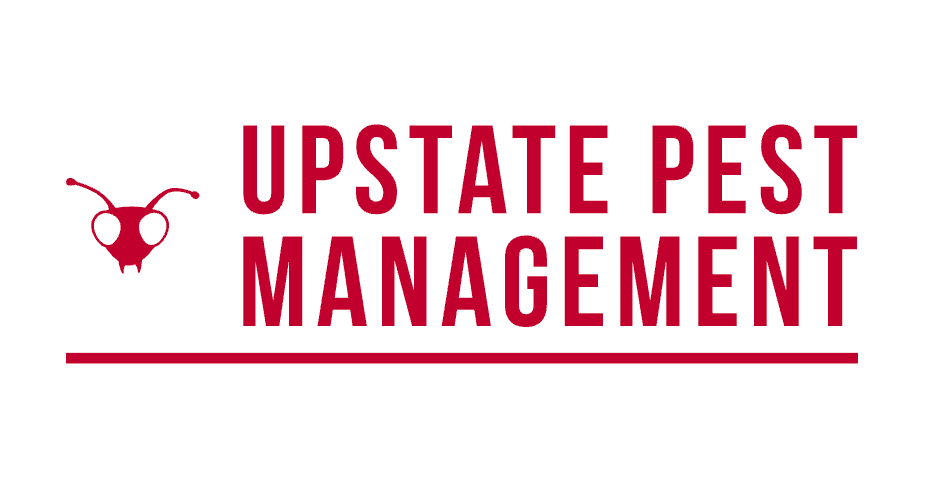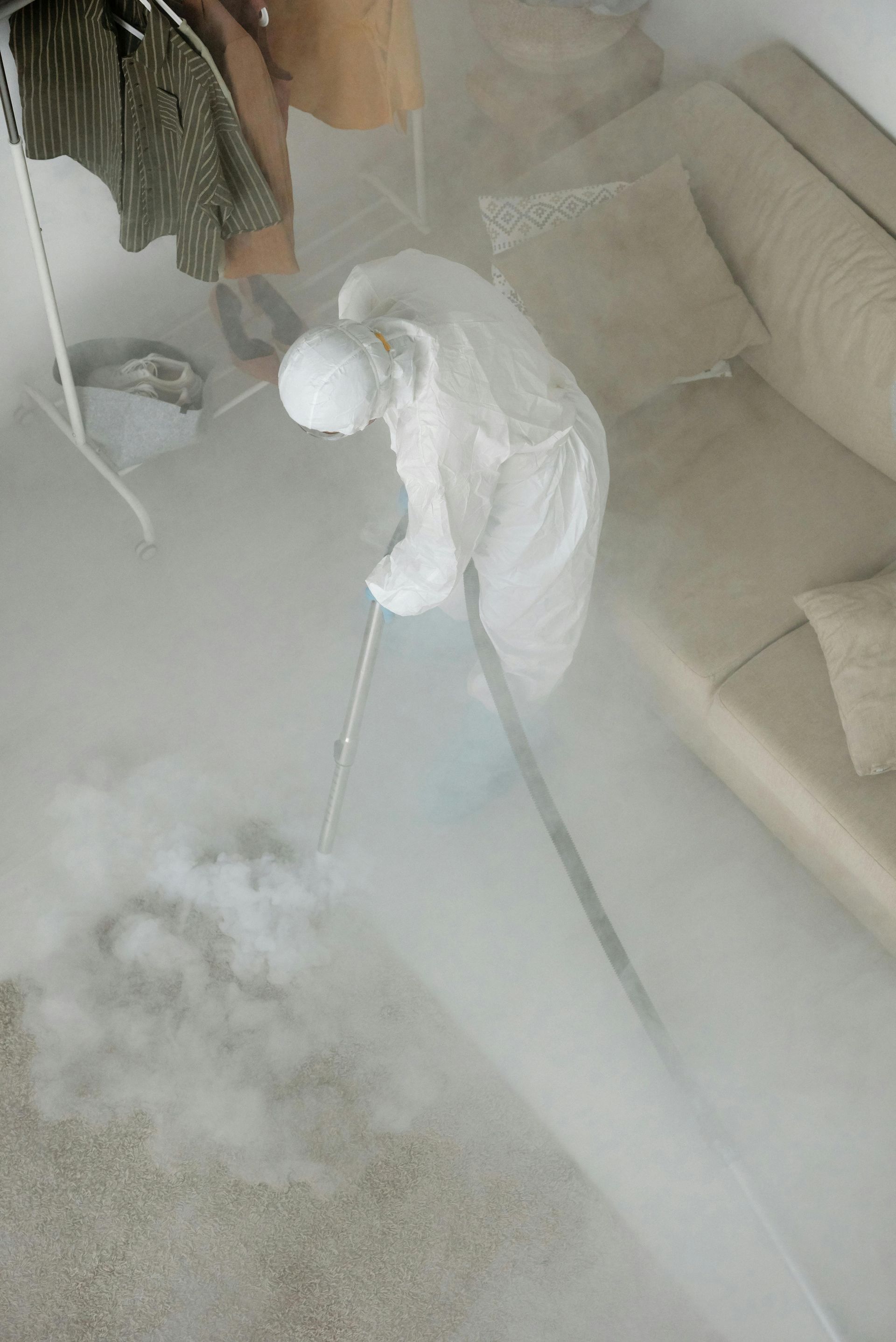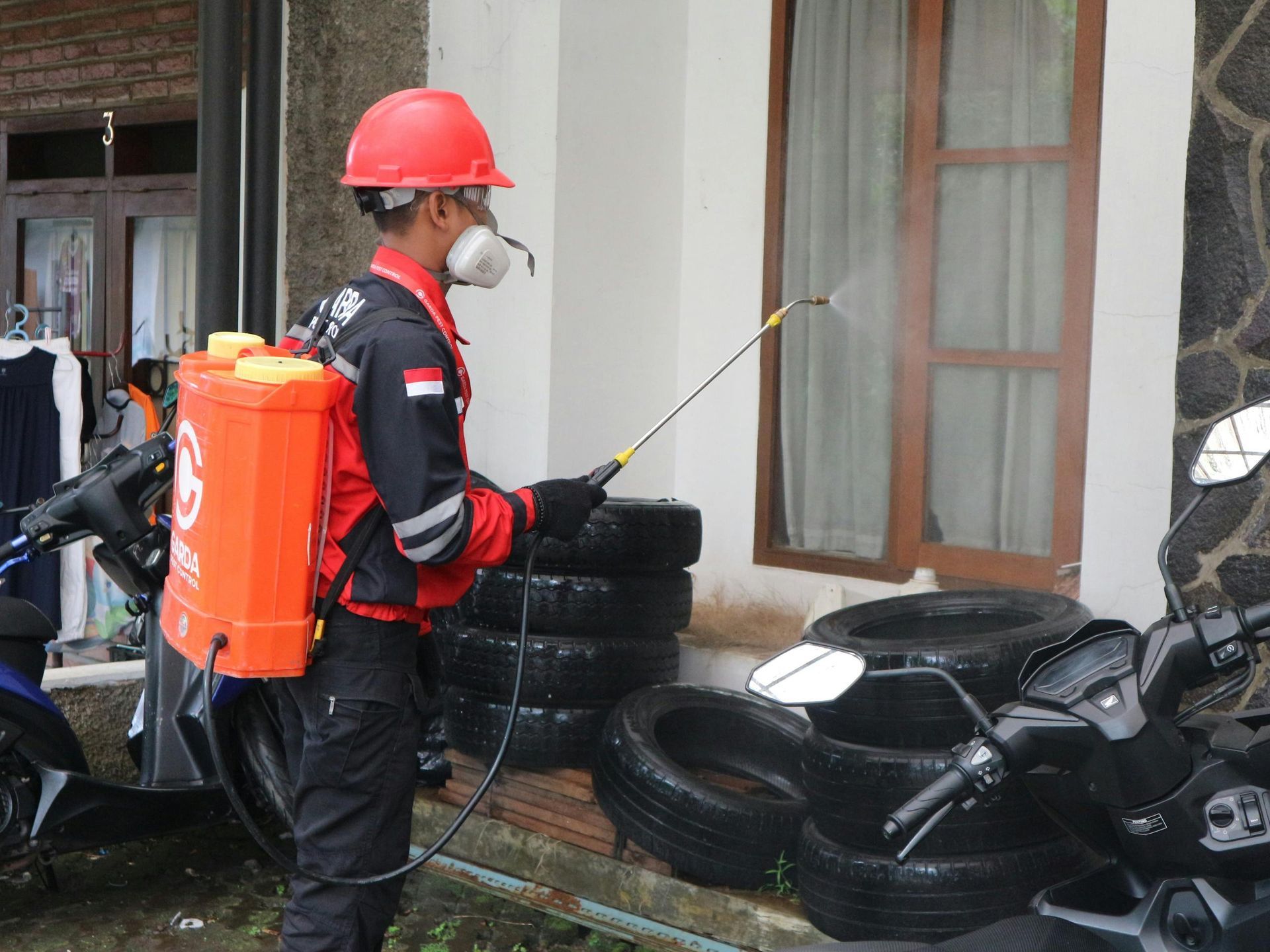Why DIY Pest Control Fails: The Benefits of Professional Extermination
South Carolina homeowners frequently turn to DIY pest control solutions when facing infestations, believing they can save money while effectively eliminating unwanted visitors. However, many discover that store-bought sprays, traps, and home remedies often provide only temporary relief or fail entirely. The reality is that successful pest management requires specialized knowledge, proper equipment, and systematic approaches that most homeowners simply cannot replicate.
Understanding why do-it-yourself approaches fall short can help property owners make informed decisions about protecting their homes and families. Professional extermination services offer comprehensive solutions that address not just visible pests, but the underlying conditions that attract and sustain infestations.
Key Takeaways
- DIY pest control methods often target only visible pests without addressing root causes or breeding sites
- Store-bought insecticide products have limited potency compared to professional-grade treatments
- Improper application of bug spray for house treatments can create resistance and worsen infestations
- Professional services offer comprehensive pest control maintenance plans that prevent future problems
- Long-term pest control cost savings often favor professional services over repeated DIY attempts
- Trained exterminators can identify pest species and customize treatments accordingly
The Limitations of DIY Pest Control Methods
When attempting to tackle pest problems independently, most homeowners often encounter several essential challenges that impair their success. The most common mistake is treating symptoms rather than causes, which leads to recurring infestations despite their initial efforts.
Surface-Level Treatment Approach
Most DIY pest control approaches focus only on eliminating visible pests without targeting the environmental factors that attract them. Homeowners typically spray areas where they see insects or place traps in obvious locations, missing critical breeding sites and entry points. This reactive approach means that while some pests may be eliminated temporarily, the underlying infestation continues to grow in hidden areas.
Professional exterminators understand that effective pest management requires a comprehensive inspection to identify moisture sources, food attractants, and structural vulnerabilities that sustain pest populations. Without this systematic approach, "do my own pest control" efforts often become an endless cycle of temporary fixes.
Limited Product Effectiveness
Consumer-grade pesticides available in retail stores contain significantly lower concentrations of active ingredients compared to professional formulations. While these products may provide some initial knockdown effect, they often lack the residual activity needed for long-term control. Additionally, many pests have developed resistance to common over-the-counter chemicals, making these products even less effective over time.
The wide variety of bug sprays for house applications available to consumers can create confusion about which products work best for specific pest problems. Without properly identifying target species and understanding their biology, homeowners often select inappropriate treatments that waste time and money while allowing infestations to worsen.
Why Professional-Grade Products Make a Difference
The gap between consumer and professional pest control products goes far beyond simple concentration differences. Licensed pest control professionals have access to advanced formulations, application equipment, and integrated pest management strategies that deliver superior results.
Advanced Insecticide Formulations
Professional insecticide products often contain multiple active ingredients that work through different modes of action, reducing the likelihood of resistance development. These formulations may include growth regulators that prevent immature pests from reproducing, contact killers for immediate results, and systemic compounds that provide long-lasting protection.
Many professional treatments also incorporate attractive baits and pheromone lures that draw pests out of hiding places, ensuring broader population control than surface sprays alone. These sophisticated approaches require specialized knowledge to implement safely and effectively, making them unsuitable for untrained application.
Precision Application Techniques
Professional exterminators use specialized equipment that ensures proper coverage and penetration of treatment materials. Power sprayers, injection systems, and precision applicators allow technicians to reach areas that handheld consumer products cannot effectively treat. This equipment advantage becomes particularly important when dealing with wall voids, crawl spaces, and other challenging areas where pests commonly nest.
DIY vs Professional Pest Control Comparison
| Aspect | DIY Approach | Professional Service |
|---|---|---|
| Product Strength | Limited concentration, basic formulations | Professional-grade, advanced compounds |
| Application Method | Hand sprayers, surface treatment | Specialized equipment, precision targeting |
| Coverage Area | Visible areas only | Comprehensive interior and exterior |
| Long-term Results | Temporary relief, recurring problem | Sustained protection, prevention focus |
The Hidden Costs of Failed DIY Attempts
While the initial pest control cost of DIY products appears minimal, repeated failures and escalating infestations often result in higher overall expenses than professional treatment would have required from the beginning. Many homeowners underestimate these hidden costs when calculating the true value of self-treatment approaches.
Product Accumulation and Waste
Unsuccessful DIY pest control typically involves purchasing multiple products as homeowners try different approaches. Spray bottles, bait stations, traps, and various chemical formulations accumulate in storage areas, representing significant financial investment with little return. When these products prove ineffective, they become expensive waste that still requires professional intervention to resolve the underlying problem.
Additionally, some homeowners create worse conditions by mixing incompatible products or applying treatments incorrectly. These mistakes can lead to pest scatter, where disturbed insects spread throughout the property, making professional treatment more complex and costly when eventually required.
Property Damage and Health Risks
Extended pest infestations that persist due to inadequate DIY treatment can cause substantial property damage. Termites continue destroying structural wood, rodents chew through electrical wiring and insulation, and carpenter ants excavate galleries in support beams. The cost of repairing this damage often exceeds the expense of early professional intervention by thousands of dollars.
Health concerns also escalate when infestations persist, as pests spread disease-carrying bacteria, trigger allergies, and contaminate food supplies. These indirect costs of failed DIY pest control may not be immediately apparent but can significantly impact family wellbeing and medical expenses.
Professional Expertise and Species Identification
Successful pest control begins with accurate identification of target species and understanding their specific biology, behavior patterns, and vulnerabilities. This expertise represents one of the most significant advantages of professional extermination services over DIY approaches.
Customized Treatment Strategies
Different pest species require dramatically different control approaches, even when they appear similar to untrained observers. For example, carpenter ants and termites both damage wood structures but respond to completely different treatment methods. Misidentification leads to inappropriate product selection and treatment failure, extending infestations unnecessarily.
Professional exterminators can distinguish between dozens of ant species, each requiring specific baits and treatment timing for effective control. This precision in species identification and treatment selection ensures that chosen methods target the actual pest biology rather than relying on generic approaches that may prove ineffective.
Seasonal Behavior Understanding
Experienced pest control professionals understand how seasonal changes affect pest activity patterns, reproduction cycles, and vulnerability windows. This knowledge allows them to time treatments for maximum effectiveness and implement preventive measures before peak infestation periods occur.
Homeowners attempting DIY pest control often apply treatments randomly without considering these biological factors, reducing treatment effectiveness and missing opportunities for long-term population suppression.
Long-Term Prevention and Maintenance Programs
The most significant advantage of professional pest control services lies not in their ability to eliminate existing infestations, but in their capacity to prevent future problems through comprehensive maintenance programs. These systematic approaches address environmental conditions that attract pests while maintaining protective barriers around properties.
Integrated Pest Management Systems
A professional pest control maintenance plan typically incorporates multiple control strategies that work together to create long-lasting protection. These programs include regular property inspections, targeted treatments based on seasonal pest activity, exclusion recommendations to seal entry points, and environmental modifications that make properties less attractive to pests.
Unlike reactive DIY approaches that respond to visible pest activity, maintenance programs work proactively to prevent infestations from developing. This prevention focus proves far more cost-effective than repeatedly treating established pest populations.
Monitoring and Early Detection
Regular professional inspections can identify potential pest problems weeks or months before they become visible to homeowners. Trained technicians recognize subtle signs like minor structural damage, pest droppings, or changes in vegetation that indicate developing infestations. Early intervention at this stage requires minimal treatment and prevents extensive damage or population growth.
Professional monitoring also tracks treatment effectiveness over time, allowing technicians to adjust strategies based on actual results rather than assumptions. This data-driven approach ensures that control programs remain effective as conditions change or pest populations adapt.
Finding the Right Professional Service
Selecting quality pest control services requires careful evaluation of credentials, experience, and service offerings. Not all providers offer the same level of expertise or comprehensive protection that delivers optimal value.
Essential Service Qualifications
When searching for the best exterminator near me, property owners should prioritize companies with proper licensing, insurance coverage, and technician certification programs. These credentials ensure that service providers understand safe application methods, possess knowledge of effective treatment strategies, and maintain accountability for their work quality.
Experienced companies typically offer comprehensive service guarantees, detailed treatment plans, and clear communication about expected results and timelines. They should provide thorough property inspections, written estimates, and follow-up services to ensure treatment effectiveness.
Look for providers who offer integrated approaches combining chemical treatments, exclusion work, habitat modification recommendations, and ongoing monitoring. These comprehensive services address pest problems more effectively than companies focused solely on chemical applications.
Frequently Asked Questions
How much more do professional pest control services cost compared to DIY methods?
Professional services typically cost 2-3 times more initially than DIY products, but provide better long-term value through effective results and prevention programs. Failed DIY attempts often result in higher total costs when professional treatment eventually becomes necessary.
Can I safely mix different types of bug spray for house applications?
Mixing different pesticide products can create dangerous chemical reactions and reduce the effectiveness of both treatments. Always use products as directed on labels and never combine different formulations without professional guidance.
How often should professional pest control maintenance be performed?
Most properties benefit from quarterly treatments that align with seasonal pest activity patterns and provide consistent protection. Some situations may require monthly service during peak seasons or annual treatments for properties with minimal pest pressure.
What should I expect during a professional pest control inspection?
Thorough inspections include interior and exterior examination of the property, identification of pest species and entry points, moisture and food source evaluation, and recommendations for environmental modifications. Technicians should explain findings and proposed treatment strategies clearly.
Are professional pest control treatments safe for families and pets?
Licensed professionals use EPA-approved products and application methods that minimize exposure risks to humans and pets when applied correctly. Technicians should explain any temporary restrictions and provide safety instructions for treated areas.
Final Thoughts
Effective residential pest control in South Carolina requires understanding the specific challenges posed by the state's climate and common pest species. Whether implementing your own pest control strategies or working with professional services, success depends on early detection, appropriate treatment methods, and consistent prevention efforts.
The investment in comprehensive pest control maintenance plans often pays for itself through preventing costly damage and major infestations. By combining proactive prevention, targeted treatments, and ongoing monitoring, homeowners can maintain comfortable, pest-free living environments year-round. Remember that some pests require specialized knowledge and equipment, making professional consultation valuable for effective long-term management.
Tired of failed DIY attempts at pest control? Invest in your peace of mind and schedule your free pest inspection!
Reference:
https://www.pestworld.org/news-hub/pest-articles/ants-101/


